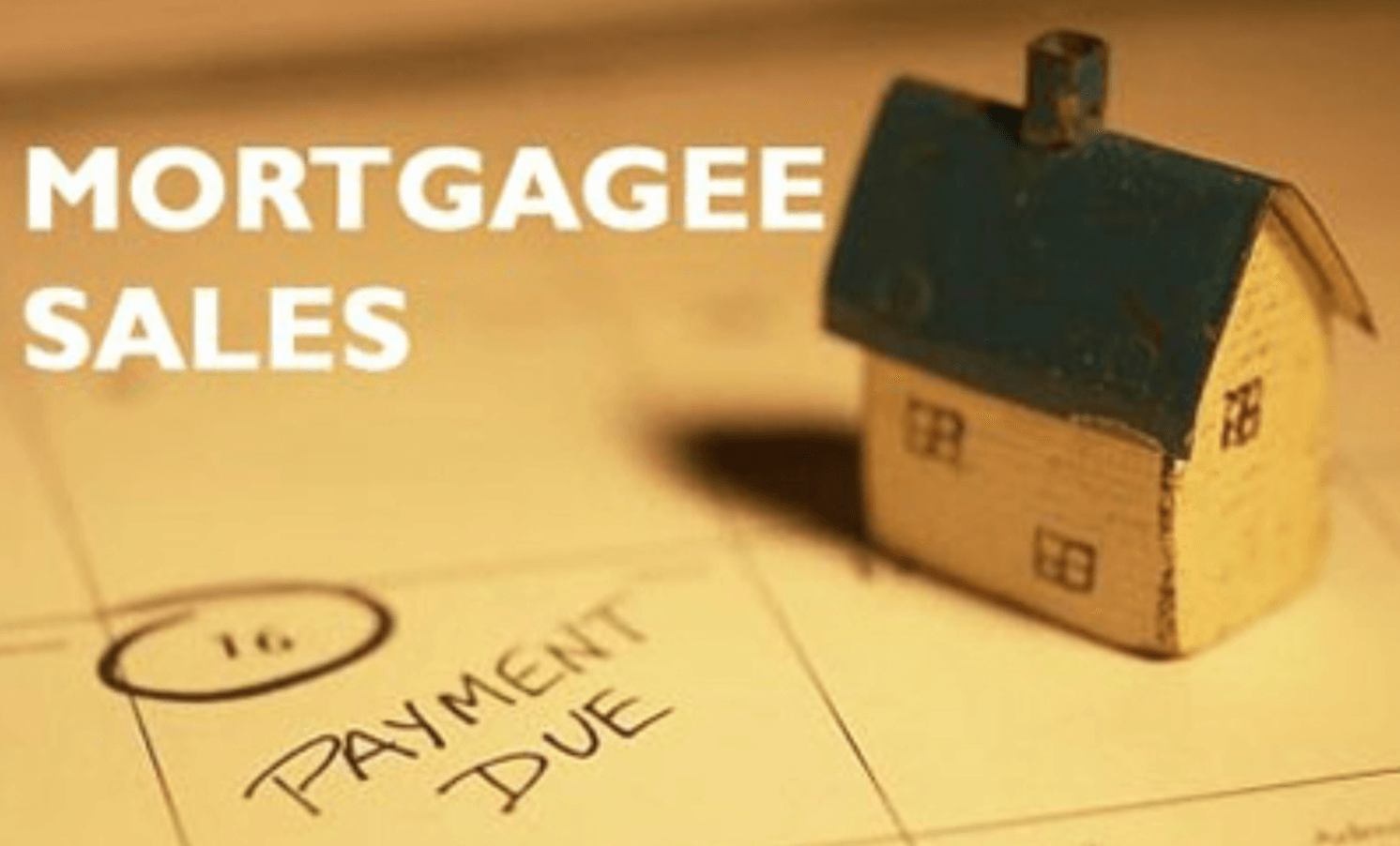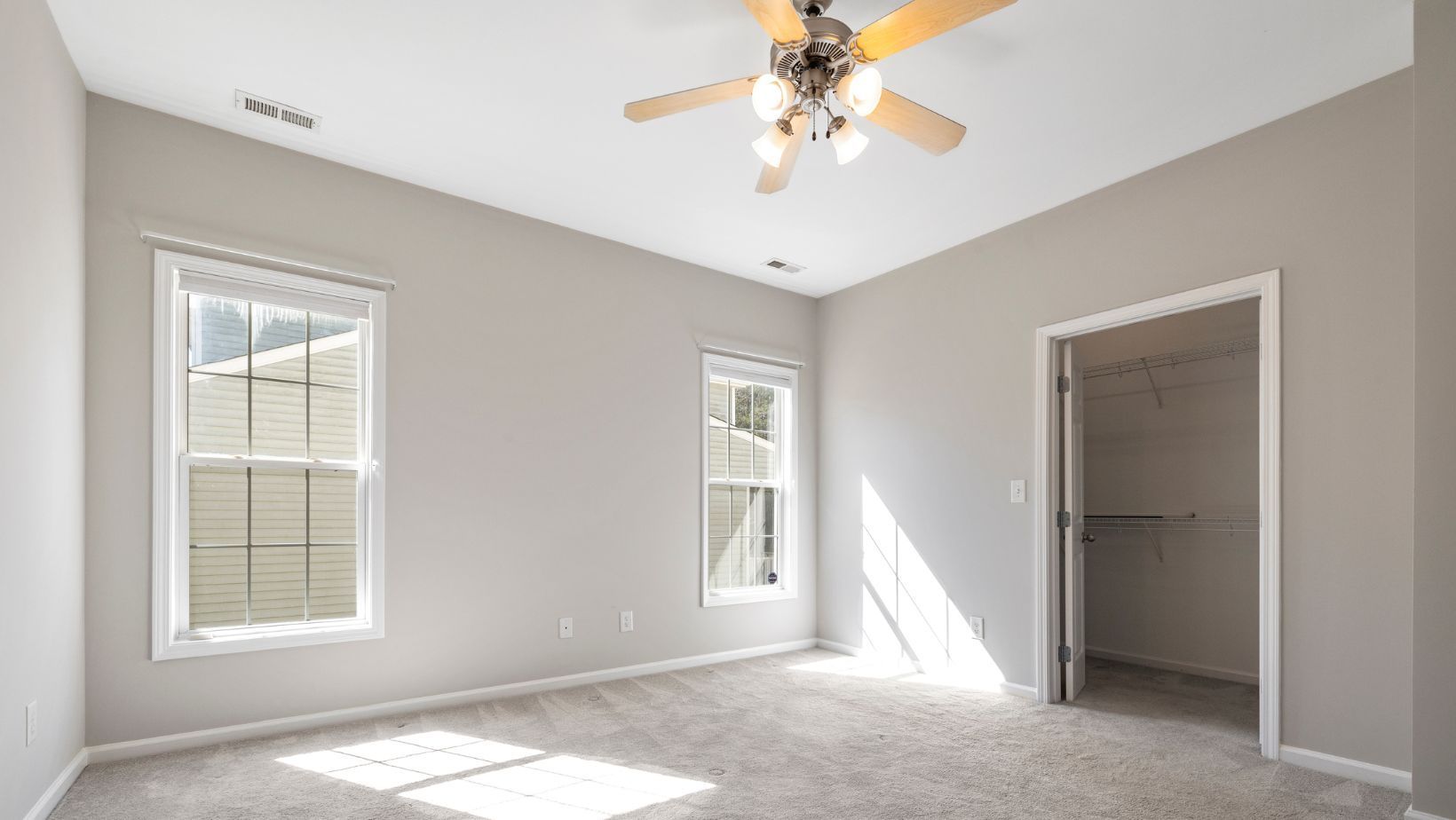Can I cancel a Sale and Purchase Agreement?
Understanding your rights when buying or selling a home in New Zealand

Can I Cancel a Sale and Purchase Agreement?
We recently had someone come into our office with a Sale and Purchase Agreement they had signed to buy a property. A few days later, another house came on the market that they liked more — and they wanted to cancel the first agreement. Unfortunately, in New Zealand, it’s not that simple.
Once a Sale and Purchase Agreement is signed by both parties, it becomes legally binding. You can’t cancel just because you’ve changed your mind or found something better. You can only cancel if the agreement includes specific conditions that allow for it — and those conditions must be used properly and in good faith.
Let’s take a look at when cancellation is possible, and what options buyers and sellers have to protect themselves.
There’s No “Cooling-Off” Period in New Zealand
In some countries, residential property contracts come with a built-in “cooling-off period” — a short window (often a few days) where buyers can cancel the agreement for any reason.
New Zealand does not have a general cooling-off period. Once both parties sign the contract, it’s enforceable — unless there are conditions included that allow for cancellation.
When Can a Buyer Cancel?
Buyers can only cancel if one of the following applies:
1. Conditions Have Not Been Met
Most agreements include conditions that protect the buyer. These might include:
- Finance – If the agreement is conditional on finance and the buyer can’t obtain a loan (despite making reasonable efforts), they may cancel.
- Building Report – If a report uncovers major issues like structural damage or weather-tightness problems, the buyer may be able to walk away, depending on the wording of the clause.
- LIM Report – If the LIM reveals significant issues like unconsented works or zoning restrictions, cancellation may be an option.
- Solicitor’s Approval – Some agreements include a clause that allows the buyer’s lawyer to review and approve the contract. This must be used for legitimate legal concerns, not just a change of heart.
- Due Diligence Clause – A general due diligence clause allows the buyer time to assess whether the property is right for them. This gives broader flexibility, but it must be negotiated and included in the agreement before signing.
2. The Vendor Breaches the Contract
Usually buyers cannot cancel if the vendor is in breach of the contract, rather settlement would be delayed or funds withheld. In some extreme cases there may be grounds for the purchaser to cancel for example if the Vendor is unable to give clear title or vacant possession. There is a process that needs to be followed with the purchasers lawyers issuing a settlement notice that provides a timeframe in which to settle failing which the Purchaser may cancel.
When Can a Seller Cancel?
Sellers also have limited cancellation rights, but there are some scenarios where they can cancel:
1. Buyer Fails to Meet Conditions
If the buyer doesn’t confirm their conditions (e.g. finance or LIM) by the deadline, the vendor may cancel the agreement.
2. Buyer Breaches the Contract
If the buyer fails to pay the deposit or doesn’t settle on the agreed date, the vendor can issue legal notice and ultimately cancel — though there is a formal process that must be followed.
3. Special Conditions Protecting the Seller
Just like buyers, sellers can also include custom conditions. For example:
- Sale conditional on the vendor purchasing another property – We’ve seen vendors include a clause making their sale conditional upon their own purchase going unconditional. If that doesn’t happen, they can cancel their sale.
- Retained occupancy or delayed settlement might also be negotiated depending on the seller’s situation.
You Can’t Cancel Just Because You Change Your Mind
Whether you’re buying or selling, you can’t cancel the agreement just because:
- You found a better house or buyer
- Your circumstances changed
- You’re having second thoughts
- You don’t like the price anymore
Once the agreement is unconditional, you’re legally obliged to follow through.
Get Legal Advice First — Not After
The best time to protect yourself is before signing the agreement. We can help you:
- Draft conditions that suit your needs
- Explain what you’re committing to
- Review the agreement for potential risks
If you’ve already signed and are having doubts, don’t take any action before getting advice.
📞 Need help? Contact the team at Conveyancing Shop Lawyers. We’ve helped thousands of Kiwis buy and sell with confidence — and avoid costly mistakes.
News and articles










